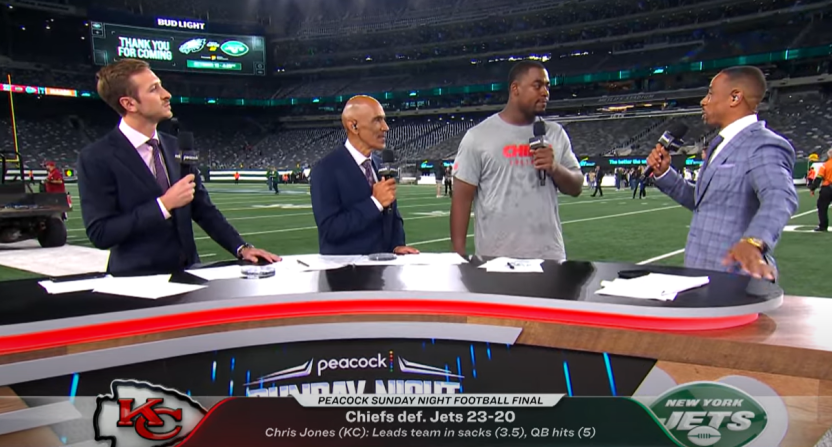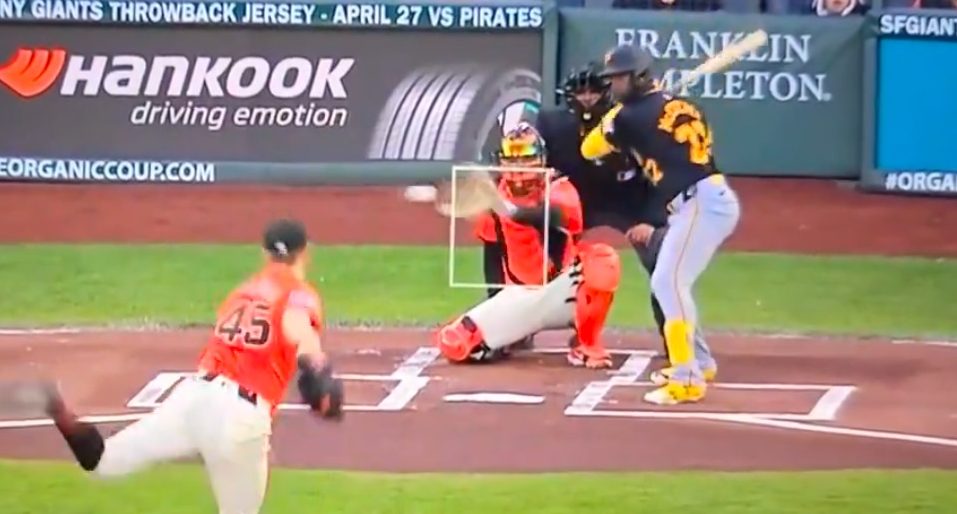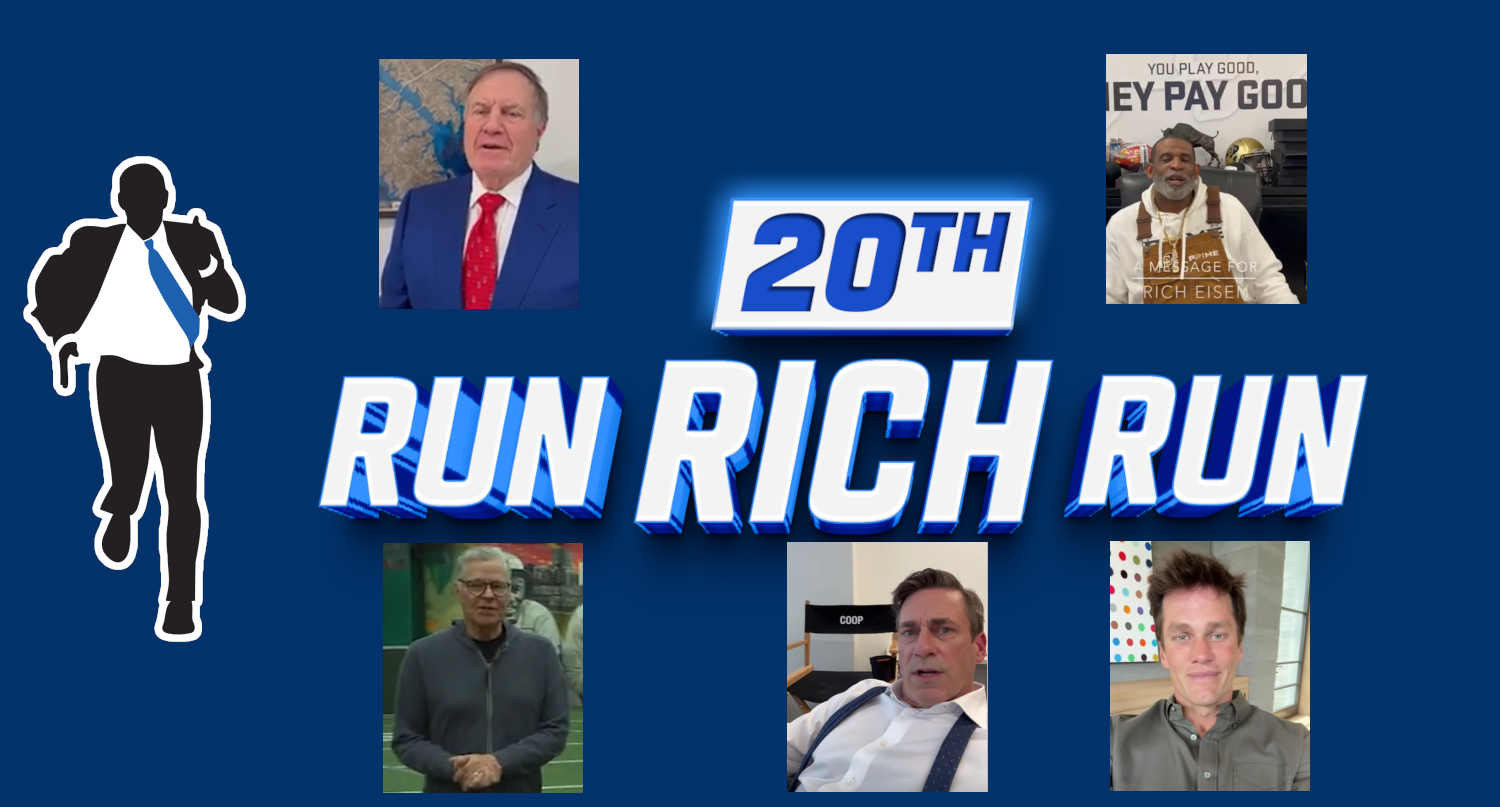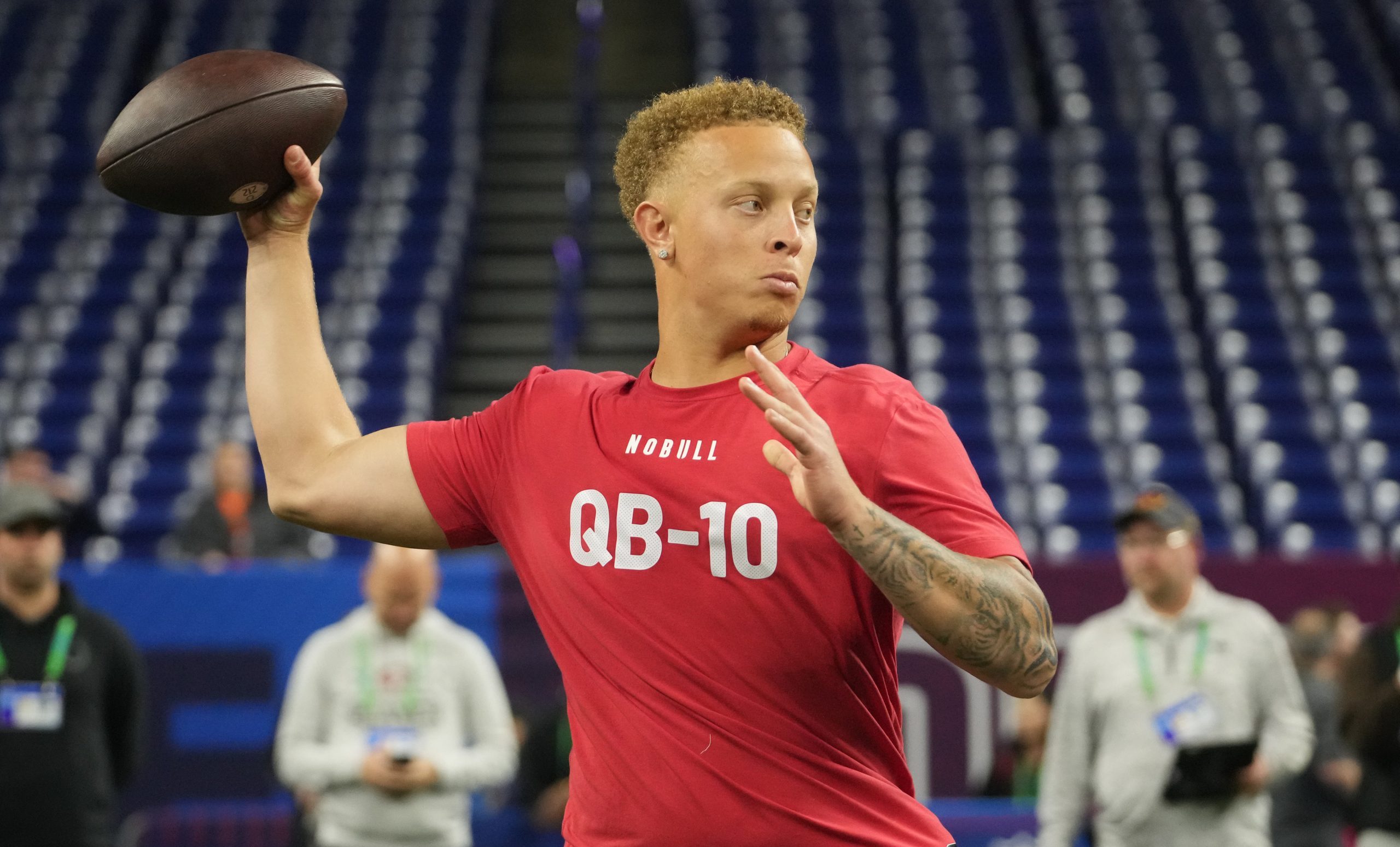Rodney Harrison made a career out of taking shots at people. As a hard-hitting safety for 15 years in the NFL, that was his job. His intimidating style helped a fifth-round pick from Western Illinois become an All-Pro and Super Bowl champion. His intimidating style also led to a reputation as one of the league’s dirtiest players.
Infamy didn’t stop Harrison from landing a plumb broadcasting gig on NBC. As an analyst, he’s paid to give hard-hitting opinions. If he thinks a player is awful, he should say so and explain why. That’s totally fine. That’s totally expected. If Harrison had simply said that instead of trying to goad an active player into ripping an opponent, he would not find himself in this latest predicament.
Following the Kansas City Chiefs’ 23-20 Sunday Night Football victory over the New York Jets, Harrison delivered one of the cheapest shots of his TV career. During an interview with Chiefs defensive tackle Chris Jones, Harrison said of Wilson: “Watching that tape, man, you’ve gotta look at this dude and say, ‘Oh, he is garbage. Like we should really tear him apart.'”
Jones did not take the bait. He praised the 24-year-old and called him “special.” Harrison scoffed at that description and piled on, adding: “He’s not special. I’m just saying, Chris.”
here’s the video of Rodney Harrison bashing Zach Wilson for absolutely no reason. gotta be more professional than this man, no excuse pic.twitter.com/ywCWoidcUn
— BLEEDEM (@stefanskifan) October 2, 2023
Not surprisingly, numerous NFL players, both past and present, took exception to Harrison’s comments. This included broadcaster and former quarterback Matt Leinart.
This is trash. Our job in media is to analyze and critique not to rip these guys apart especially after a great game. Complete garbage. 🗑️🗑️🗑️ https://t.co/2HtDVFb6XR
— Matt Leinart (@MattLeinartQB) October 2, 2023
Harrison has since apologized. but it does raise an interesting question. What is fair and not fair when it comes to criticizing an athlete? When NBC hired Harrison, it likely did so thinking it was getting someone who wouldn’t be afraid to speak his mind. Many former athletes turned media members are often reticent when it comes to criticism. That’s not Harrison who is known to be blunt and brutally honest.
Pro football is complicated. It’s often difficult to isolate and assess individual performances because of the supporting cast and coaching. Is Brock Purdy playing great because he’s boosted by Christian McCaffrey, George Kittle, Deebo Samuel, and the schemes of Kyle Shanahan? Is Zach Wilson hindered by a poor offensive line and bad playcalling?
Viewers need analysts who can provide proper nuance and context. As a former defensive player who played for Bill Belichick, Harrison is perfectly positioned to be that guy. Calling a quarterback “garbage” adds nothing to the NBC broadcast. It’s not funny, interesting, or insightful as analysis. And yet, as a commentator, Harrison it is within his purview to criticize a player for being lousy.
Harrison is paid handsomely to talk, not to be liked.
Where Harrison erred is that he chose the wrong time and the wrong words. He curiously made his comments after one of the best games of Wilson’s career. Also, the postgame interviewee usually talks about what the winning team did right. Players don’t go on the set to bash the opposition.
.@ZachWilson out here throwing DOTS.
TIE BALLGAME.#KCvsNYJ on NBC pic.twitter.com/xn9FQUmCEl
— New York Jets (@nyjets) October 2, 2023
Jones wanted no part of Harrison’s agenda. He was patient. He was poised. He was professional. If Harrison wanted to rip Wilson, he had plenty of other opportunities to do so. But calling a human being “garbage” is unnecessary and unseemly. It would be a better use of Harrison’s talent, and the viewers’ time, to detail exactly why Wilson has struggled throughout his career.
We don’t need Harrison to tell us Wilson is bad at playing football. We need Harrison to explain why Wilson is bad at playing football. Name-calling is something you can hear in the stands. Television aspires to be better.
The next time, Harrison should think twice before delivering a cheap shot.







